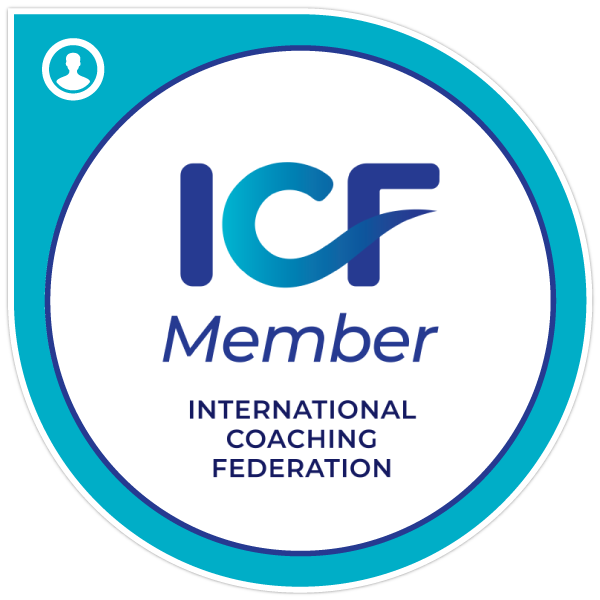
Executives with ADHD seldom want to bring their planners to me. They’re embarrassed. They’ve already tried using every kind of planner to organize themselves, but nothing seems to work. So they limp along, believing that planners just aren’t for them. But eventually, when they’re overwhelmed enough, they’re ready to acknowledge that something isn’t working for them — and it may not be the planner.
Can you relate?
Planning is a highly complex cognitive skill that supports you in being at your very best in your highly complex life. If you truly do want to be in charge of your time, get over the idea that planning is easy, irrelevant or just another task to do.
It’s important to know that there’s no perfect planner out there that will solve all your problems. The answer isn’t just an attractive piece of stationary or a cool electronic app!
How you use your planner or not, is a reflection of state of your executive functioning. The way you interact with your planner is a window into how your brain works, how you think, how you regulate your emotions, prioritize, plan and organize major (and minor) parts of your life.
When you recognize that you really do need to feel more on top of your day, you’re ready to create a system that will actually work for you.
Be bold. Get to know why your planner hasn’t worked for you so far. There’s valuable information in there.
Yes, I’m ready
Here are the most common reasons planners fail for my clients:
- The planner is ugly, too big, or too small (Client doesn’t want to look at it)
- The planner is blamed as not useful or easy to use (Client doesn’t want to look at it)
- The planner has too much detail in it, resulting in overwhelm (Client doesn’t want to look at it)
- The planner doesn’t have room for ‘everything’ (Client doesn’t want to look at it)
- The planner is a reminder of what might not get done (Client doesn’t want to look at it)
- The planner is just one more thing to do in a busy day (Client doesn’t want to look at it)
- The planner is a trigger to feelings of aversion and incompetence (Client doesn’t want to look at it)
What makes planners effective? YOU
- You set an intention to put yourself in charge of your planner
- You remember you’ve set this intention
- You create a planner that is easy to look at, maybe even fun to look at!
- You stay focused on organizing your time, not your to-do list
- You practice estimating time – even when you feel you have no clue
- You embrace the learning mindset – all failures are opportunities
- You commit to forming the habit of paying loving attention to your planner – it’s your most important tool
- You confidently ask for help when all this feels too difficult
You get the picture😊
When it comes to using a planner effectively, call upon your self-awareness and your creativity.
They’re your best resources.








